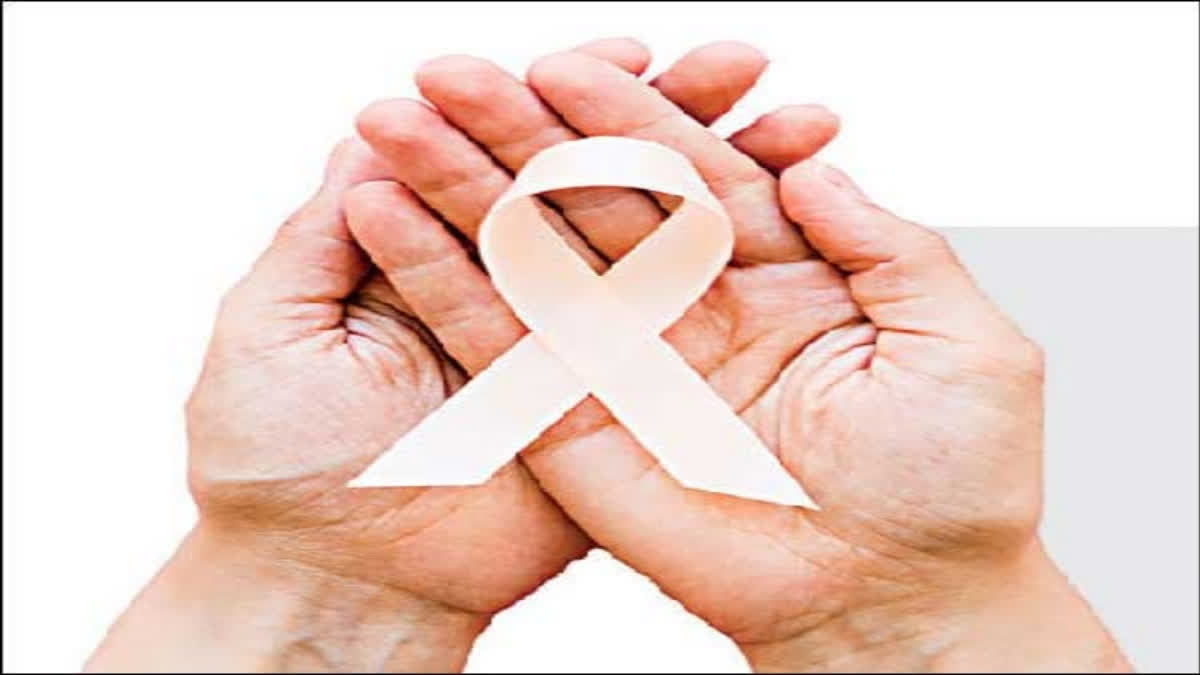New Delhi: The Union Health Ministry has asked all States across the countries to adopt the Assam model for cancer care and treatment. The ministry has recently sent a letter to all States and Union Territories (UTs) on the Assam cancer care model and asked the States and UTs to implement it as per their State specific adaptation.
A gap analysis done by the ministry regarding the infrastructure for cancer treatment in the country has found that many of the States and UTs have to do much more for cancer care treatment. Assam Cancer Care Foundation, a joint venture of the Government of Assam and Tata Trust, is executing a project called Distributed Cancer Care Model to build an affordable cancer care network with 17 cancer care hospitals spread across the State.
According to the Health Ministry, the cancer care and treatment model in Assam is like the Hub and Spoke Model, which is an efficient distribution model of providing comprehensive cancer care with the creation of Hubs and Spokes in all the States of the country. As per Tata Memorial Centre (TMC), a typical Hub is a tertiary care facility that has 250 beds and takes care of all specialities catering to a population of 10 crore.
Also read:Cancer care should focus on patients rather than commerce: Lancet Comment
The approximate cost of setting up such a facility is Rs 698 crore and it takes around three to five years to commission the facility fully. A typical spoke is a 100-bedded facility that takes care of nearly two-thirds of the cancer care spectrum. The approximate cost of setting up a spoke is approximately Rs 382 crore and it can be commissioned in three to five years.
The Hub hosts state of art facilities for surgery, chemotherapy, radiotherapy, nuclear medicine, laboratory services, transfusion medicine, preventive oncology and palliative care. The Spoke hosts all such facilities at a lower scale based on the cancer estimates and caters to five crore population.
Significantly, ICMR has constituted India Cancer Research Consortium (ICRC) in which public and private entities working in cancer research are on board. ICRC’s focus is on India Centric Cancers with six thematic areas, including prevention and epidemiology; diagnostics; therapeutics; basic biology; palliative care and innovation.
It is worth mentioning that under the strengthening of Tertiary Cancer Care Centres (TCCC), 39 centres (20 TCCC and 19 State Cancer Institutes) have been approved. The New AIIMS have also been approved with cancer treatment facilities and 13 Government Medical Colleges have been approved for upgradation with cancer treatment facilities.
